Reflections from Italy on the wicked problem of unregulated and unregulatable immigration into Western Europe.
by Gaia Baracetti
I could never understand what animal exactly the gattopardo was supposed to be. A leopard? A cheetah? A mythical beast? For sure, none of those roams my country. But I, like most Italians, always understood the meaning of the adjective gattopardesco. It refers to someone who is pretending to change but deep down remains the same as before, and does so out of opportunism in order to maintain a position of power and privilege in a world that is entering a new phase.
For those wondering whatever big cat can be associated to this kind of very specific behaviour, the answer is: none. The term actually comes from Il Gattopardo, the famous novel by Sicilian writer Giuseppe Tomasi di Lampedusa (note that a lowercase di in an Italian surname usually indicates nobility, while the uppercase Di does not), later adapted into a star-studded movie by another aristocrat, Luchino Visconti. The titular character, prince Fabrizio Salina, is a member of the Sicilian landed aristocracy; like the author’s, his family’s coat of arms features a crowned gattopardo, which also works in the story as a metaphor for power and fierceness.

Sicily has produced some of the best Italian literature, but also the most pessimistic, with its recurring themes of the futility of idealism and rebellion, societal pressure on the individual and resignation to injustice. In Il Gattopardo, the young aristocrat Tancredi fights as one of Garibaldi’s volunteers during the tumultous times of the Risorgimento, the 19th century Italian wars of national liberation and unification; to his worried uncle don Fabrizio he explains: “If we want everything to stay the same, everything must change.”
If I am to give an update about the current Italian government and its immigration policy, I want to begin with this quote. Whether it’s actually true or not, it symbolises a recurring theme in our history and self-image. It might be misleading: many things have changed in Italy over the last couple centuries. But if we consider the quote’s context, it becomes fitting to this particular situation. For as Tancredi understood, some historical changes are unstoppable no matter how much one might wish otherwise; adaptation, not resistance, is the only way to ride the wave and come out on top.
Upper classes survive when they understand and do this; when they know how to pander to popular worries and aspirations while they look for ways in which their privileges can be preserved in a changing world. And this is why a right-wing government was always going to pretend to do something to stop mass migration, which disproportionally affects the lower classes, while implicitly reassuring their most monied supporters they will keep profiting from it – that things will stay the same.
When Giorgia Meloni’s far-right Fratelli d’Italia “won” the Italian elections, I wrote for TOP an explanation of what I believed was one of the major factors affecting the results: the exasperation of many Italians with out of control mass migration. One regret I have is not making it clearer that I thought that, in spite of her bombastic statements of intent, she wasn’t actually going to do much about it. I don’t like to engage in what in Italian we call processo alle intenzioni, that is judging people on what we think they are going to do, rather than what they actually do.
Meloni still insists she will do something, but I think it’s pretty clear at this point that she will not. Even if she was honest about her intentions, and I think she mostly was, her hands are tied – by the other parties she shares the government with, by international norms, the European Union, the business lobbies, the Vatican and finally public opinion.
Giorgia Meloni’s most famous policy proposal in this respect was a “naval blockade” of Italian coasts – that was never going to happen. The most she’s done is some confusing action with boats carrying migrants that has made it slightly harder for them to offload their human cargo rapidly. This has gotten us into a diplomatic row with the French government, which is constantly trying to offload unwanted migrants onto its neighbours, but displays outrage when Italy does the same (France, with a migration and segregation problem of its own making, is also a bit of a cautionary tale for us).
Without going into the many specific solutions suggested or tentatively implemented by European countries, ranging from deporting migrants to Rwanda to paying them to go back home to building barbed wire fences with police on the “in” side, the problem is that if any Western government was actually serious about stopping mass migration it would have to engage in policies so harsh, so unflinching, so deadly, actually, that public opinion, the courts, the media, religious and thought leaders would simply not allow them – in Western Europe especially. Not only that: a significant portion of public opinion is in favour of letting people come in as much as they want to.
The debate flared up in February 2023 after the shipwreck in Cutro, in the Southern region of Calabria – over seventy people lost their lives, including many children. The usual charade of finger-pointing followed. Was it the fault of the government? Of the ruthless human traffickers who cram people onto boats and abandon them at sea? Of the lack of legal paths to immigration? Of the Wagner group? (A minister has even said this, and why not? It’s not like Russia and Belarus haven’t used migration as a weapon already…).
I must admit that, hearing about the shipwreck, I felt anger even more than sadness. This keeps happening – not just to Italy, or Greece. The Mediterranean is a shared sea, small, crowded, diverse, a sea that has always been a bridge more than a wall. And now our beautiful Mediterranean has become a watery graveyard. This has to stop. But how?
Letting everyone in is out of the question. Pakistan alone has almost four times the population of Italy, Bangladesh almost three times (these countries and Afghanistan are where many migrants are currently coming from). Africa as a whole has about twice as many people as Europe, and a much higher average birth rate. Europe is tiny. And crowded already. And internal migration from vast, wilder Eastern Europe to the wealthier West is cramming even more people into the most densely populated areas of the continent.
Letting people die like this is unacceptable, too. But those seem to be the only two options. The often cited counter-argument, that we should let migrants enter Italy as they don’t intend to stay here, but want to move further North, is both cynical and not entirely true.
The only humane option to stop the tide would be to encourage family planning and contraception in the overpopulated countries these people come from. Population and human rights activists should do as much as they can to encourage such policies – but the results will be seen in decades, while we also need to do something now. Repatriations, especially with financial incentives, are a great idea in theory, but in practice the numbers are risible. You don’t spend your whole family’s savings, get into debt, risk your life leaving your country with sky-high expectations, only to come back home with just a paltry sum in your pockets. Some do, but not many. Their governments don’t seem too keen to have them back, either – it’s not like they have a shortage of young people.
Some propose processing applications somewhere else in order to let in only the “genuine” refugees. But this opens up a whole new can of worms. We assume that genuine refugees are only those fleeing “war and persecution”, and so many have figured out that they can get a permit by claiming to not get along with their home government, or to be homosexual or (another popular trick) a minor. Not only does this make a mockery of the system, it could also reduce the chance for genuine change at home, when the masses leaving are this large. Perhaps more importantly, the distinction between war and economic refugees makes no sense. The two are often related, and to the people experiencing them, unemployment and poverty can be deadlier than war.
A final option is paying countries, such as Libya, Turkey or Tunisia, to stop migrants from coming in – however they deem fit. This costs a lot of money, makes us vulnerable to endless blackmailing and exposes the hypocrisy of our human rights rhetoric. Would it be better to do the dirty work ourselves?
Lampedusa was just a very remote outpost when Il Gattopardo was written. Nowadays, the island and its crystal beaches are a popular destination with foreigners of two kinds: tourists and migrants.

Migrants especially. According to the latest data, the number of migrants reaching Italy by boat this March was double the number from the same time last year, with hundreds or even thousands reaching Lampedusa in a single day.
This is embarassing for Giorgia Meloni. She is still refusing to admit defeat. The government says they have a plan – but what’s the plan? The same as it’s always been: to punish human traffickers while implementing quotas for legal migration to supply the labour our businesses need. To share migrants with other European countries – that do not want them, either.
With limited, mostly cosmetic variations, this has been the policy ever since I can remember – no matter what government was in office. If you are one of the migrants affected, minor variations in the law can turn your life upside down, but in the greater scheme of things, the situation doesn’t change. It cannot change: we are addicted to cheap labor. We cannot live without the people some of us look down upon or pretend to want to keep away.
The focus on the boats and the horrible spectacle of human desperation drowning or making it to the coast at the roll of a dice is only the tip of an iceberg of massive global inequality and slow descent into first complacency, and then chaos. There are many other, less dramatic ways migrants reach our country. Some walk in, get caught, and are then released. Others use legal means. EU citizens can come here easy. No one has ever seen people from China on a boat, or crossing mountains on foot – and yet there’s hundreds of thousands of them in the country.
Don’t be fooled by the rhetoric: migrants are welcome in Italy. It’s not just because we have a big heart. They are propping us up, us and all our illusions – of social justice, progress, and prosperity.
Italian businesses big and small, as well as wealthy private individuals, have come to rely on cheap labour, and this is an addiction that is extremely hard to break. Everywhere we go – from farms to restaurants, from private houses to factories, from nursing homes to popular resorts to trucks picking up the garbage – we are catered to and cleaned up after by immigrants.
I’ve been doing research for a book that took me to famous holiday destinations. Everywhere, the guests merrily walking in the sunny streets speak German, or English with American or British accents, or Italian, while the workers speak their own languages: Latin American Spanish, Eastern European Slavic, Chinese, English or French or Italian with African or South Asian accents.
Same as everywhere in the wealthier countries (and this includes oil-rich Arab states), the locals do not want to do certain jobs anymore. They are unprestigious, low-paid, hard and demanding. Like everyone else in a similar situation, Italians have been raised and trained to prefer less useful but high-status and well-paid employment to anything the immigrants do. Actually, even not working is considered better than taking one of those jobs.
Journalists keep accusing employers of not finding native workers because of the poor pay and exploitative conditions they offer – which is true, of course. But many of them aren’t doing this to fatten their pockets (some definitely are), but rather because paying people more would put them out of business fast. Things could be different, of course, but this would require a radical overhaul of our entire economy and even of globalization itself. A complete rethinking of class relations, lifestyle expectations, trade deals, the price we pay for things, and safety and environmental regulations.
Who would want to preside over such a revolution?
Giorgia Meloni thinks she has a strategy: she wants to force Italians to take the migrants’ jobs by cutting benefits and convincing women to enter the workforce. But she also wants them to have more children. And she wants businesses to have cheap labour. And she forgets that Italians, like everybody else, also have the option of migrating if what their country offers is not to their liking. Most importantly, she is not willing to go against big business. And big business wants cheap labour, period.
Not only is this system unjust – it is also extremely short-sighted. These foreign-born men and women might accept for the time being to tend to cows or pick tomatoes or work in dangerous construction jobs or care for our elderly – but they are here precisely to make sure their children will not have to. Their kids will study in Italian schools and have aspirations similar to those of their “Italian” peers – perhaps with an even stronger motivation, knowing what their parents went through so that they would have a better chance in life.
So we will continue to need new waves of desperate migrants to fill menial jobs, while environmental problems will have gotten worse due to population growth.
How might this end? An example we have from our own history offers a possible answer. The Roman Empire was doing the same thing we’re doing now: letting in people from the periphery and settling them in groups to work the land, or recruiting them into the mighty Roman army. This worked out for a long while, until the migrants – they called them barbarians back then – were so numerous inside the borders that they began to rebel or take over, or became so numerous outside the borders that their attacks were more and more successful. Historians give many reasons for the Roman Empire’s collapse, but no one would deny that the mass movement of people played a role in exhausting its defences and undermining its internal loyalty and cohesion. Societies that keep trying to prop up an unsustainable system and refuse the necessary radical reforms are doomed to collapse.
Eventually, I looked it up: the gattopardo is apparently a serval, a wild cat from the continent of Africa, which is actually closer to Lampedusa than Europe is. With the African anticyclon bringing heat, drought and even Sahara sand to my rapidly desertifying country, human mass migration from the African coast, and warm-weather species such as the cattle egret making themselves at home in more Northern latitudes as the climate changes, I sometimes feel that the pendulum has swung back again. Instead of Europe moving to Africa, Africa is moving to Europe, in one of the recurring cycles of history as things both always change and always stay the same.

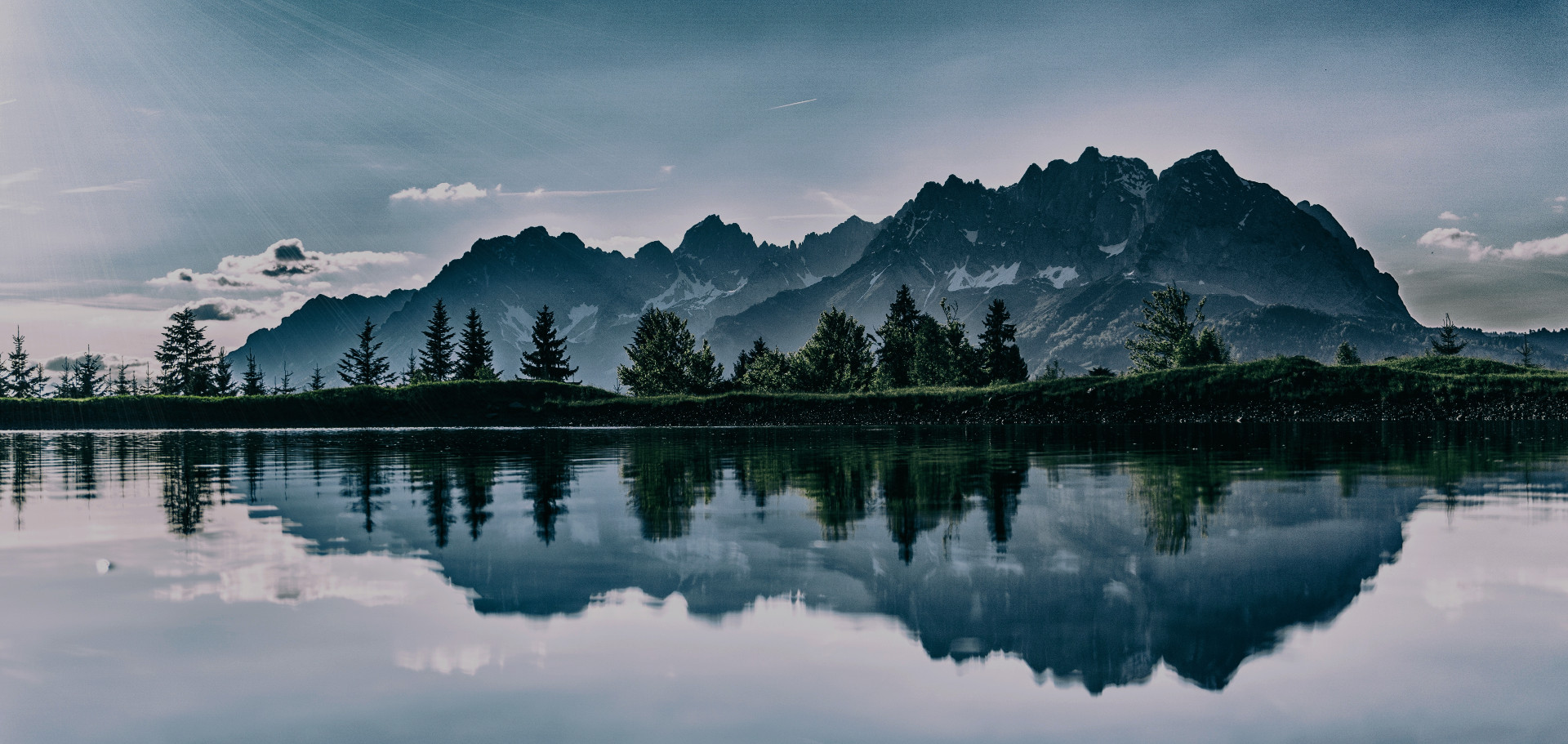

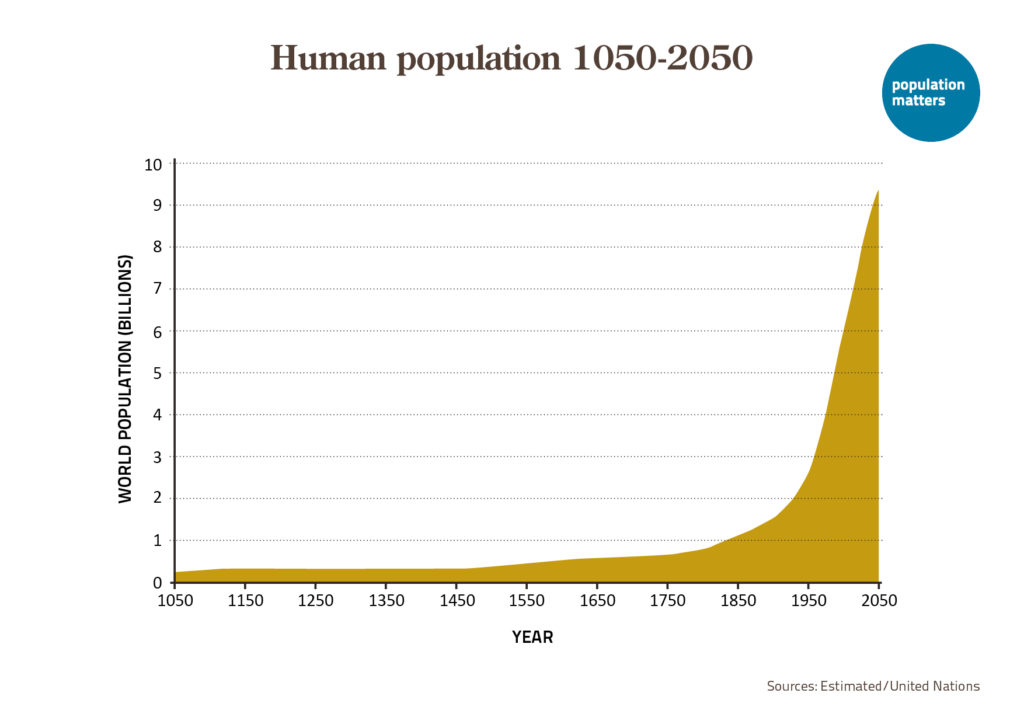
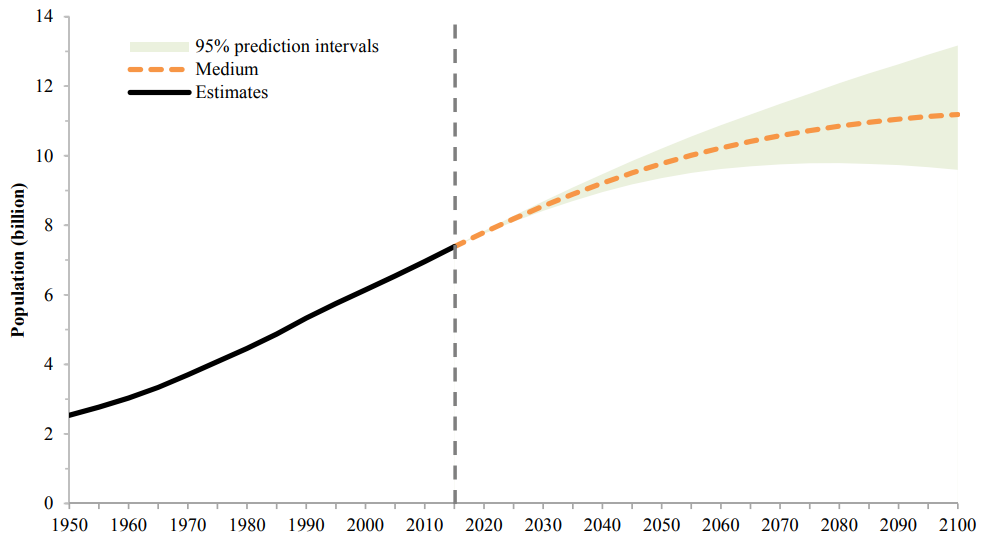
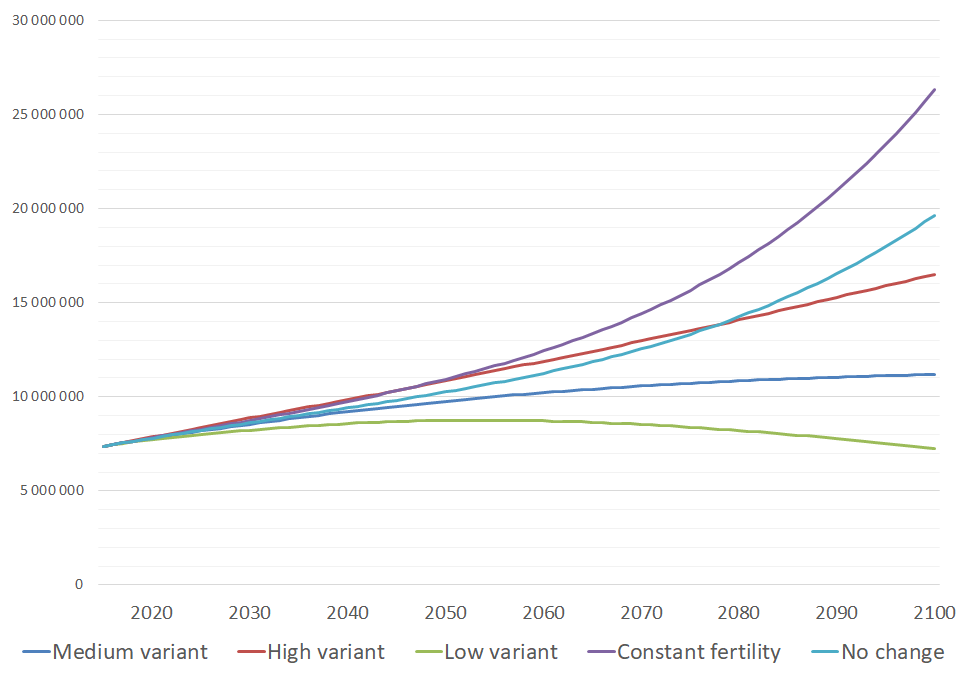
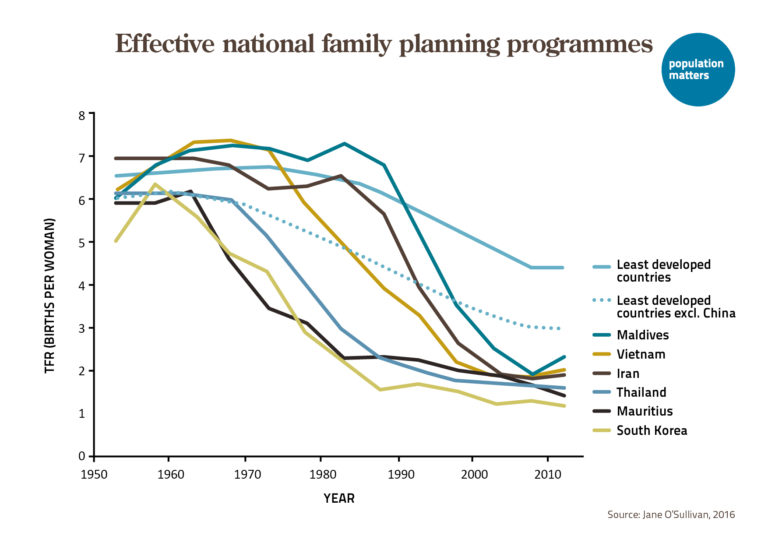

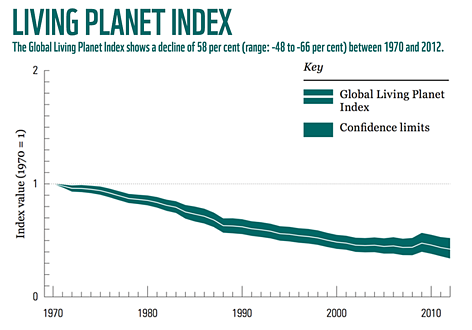
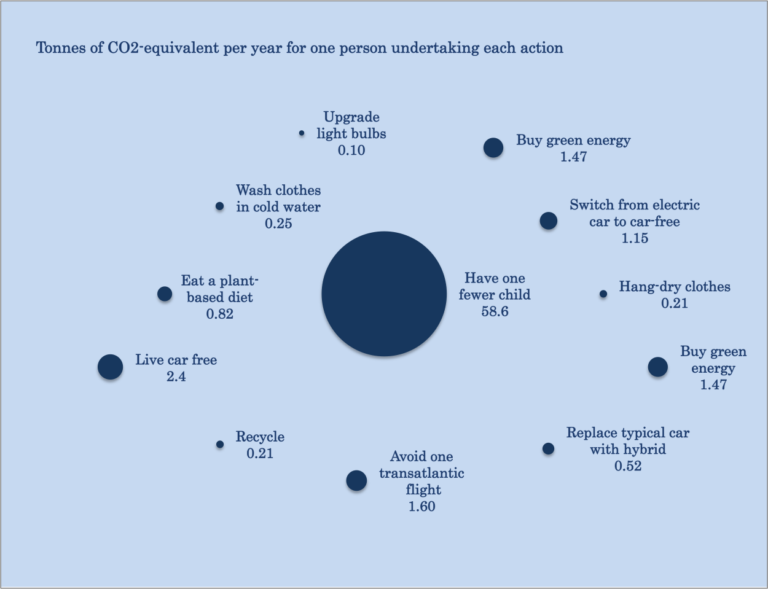

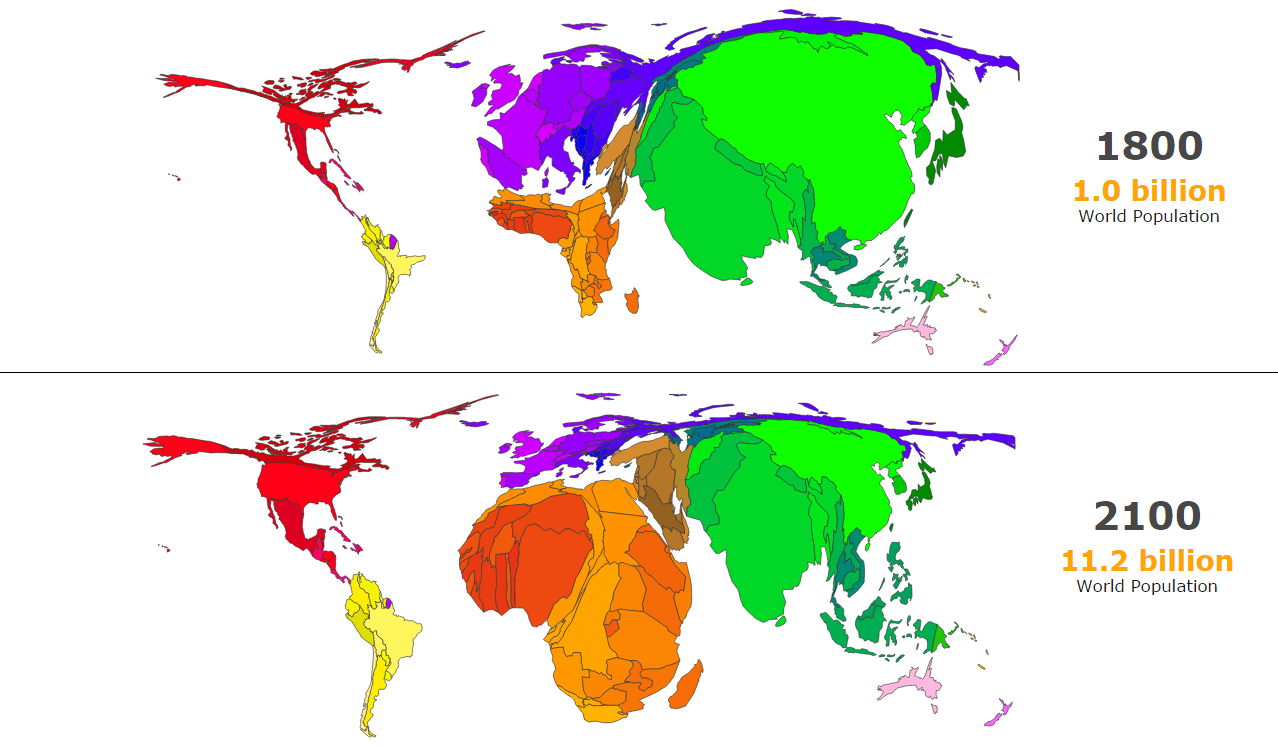
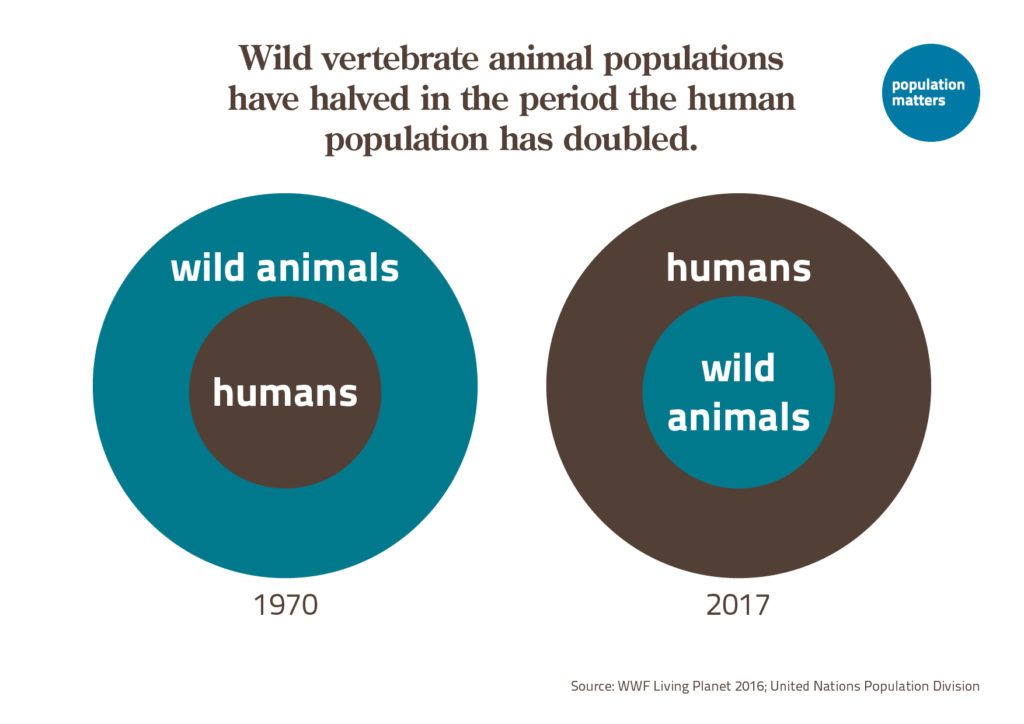
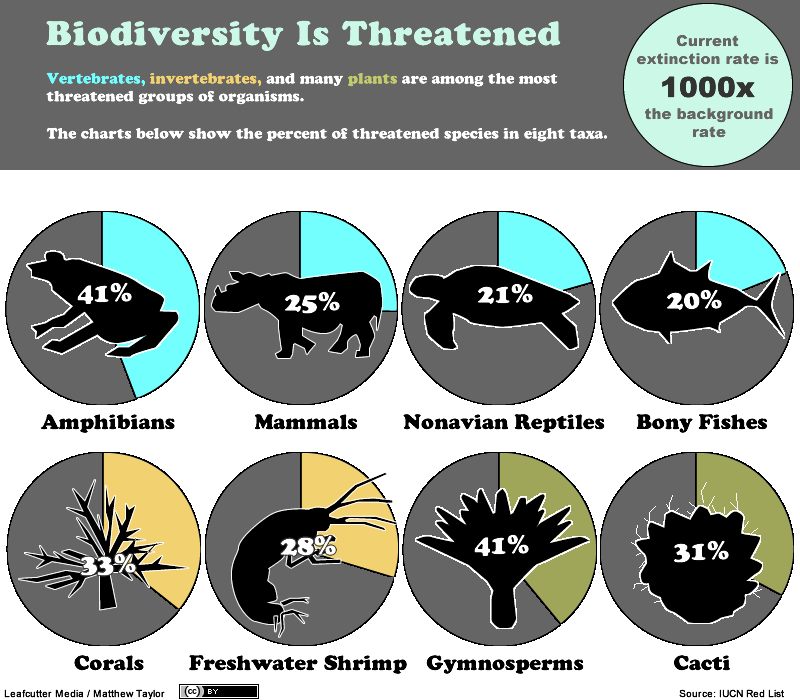
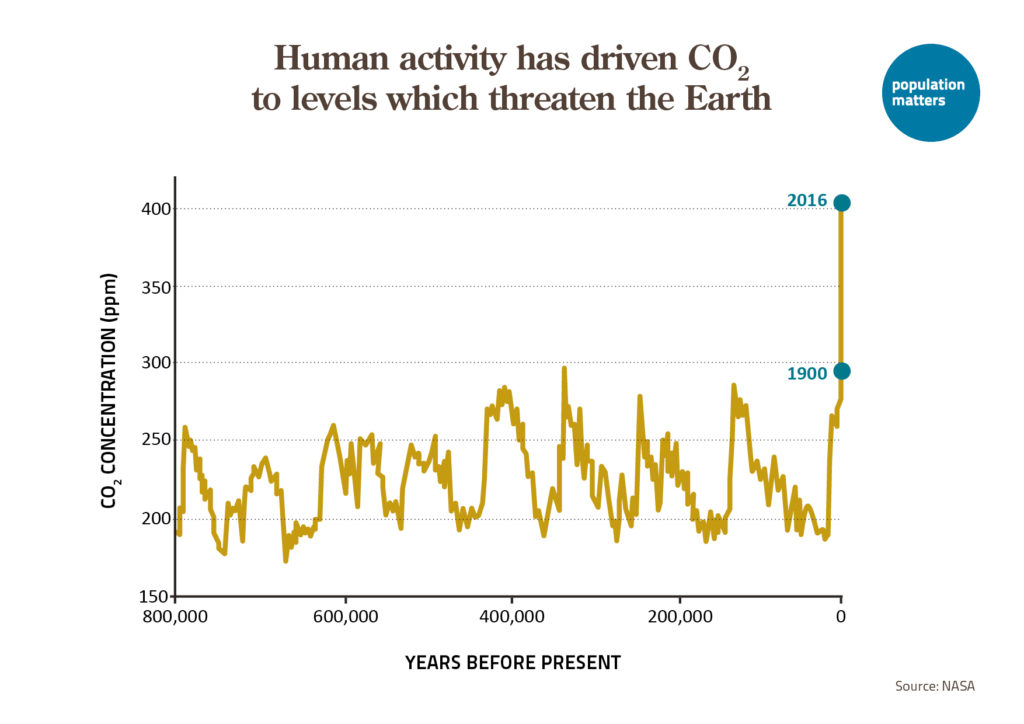
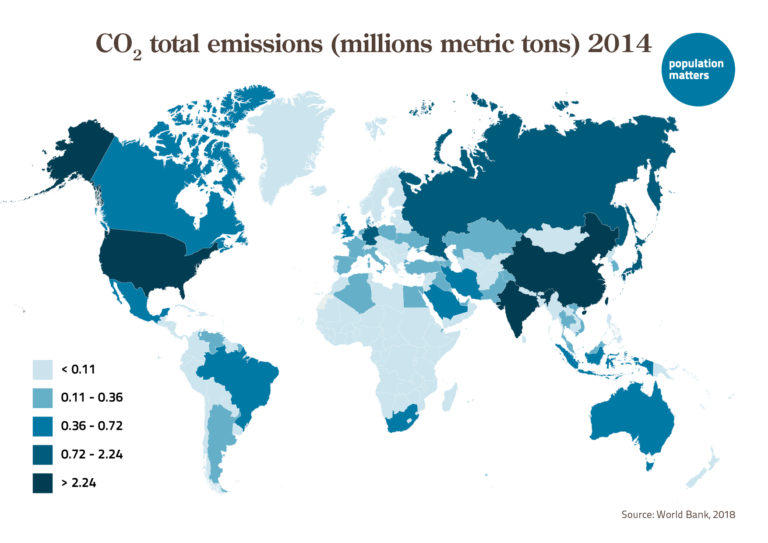

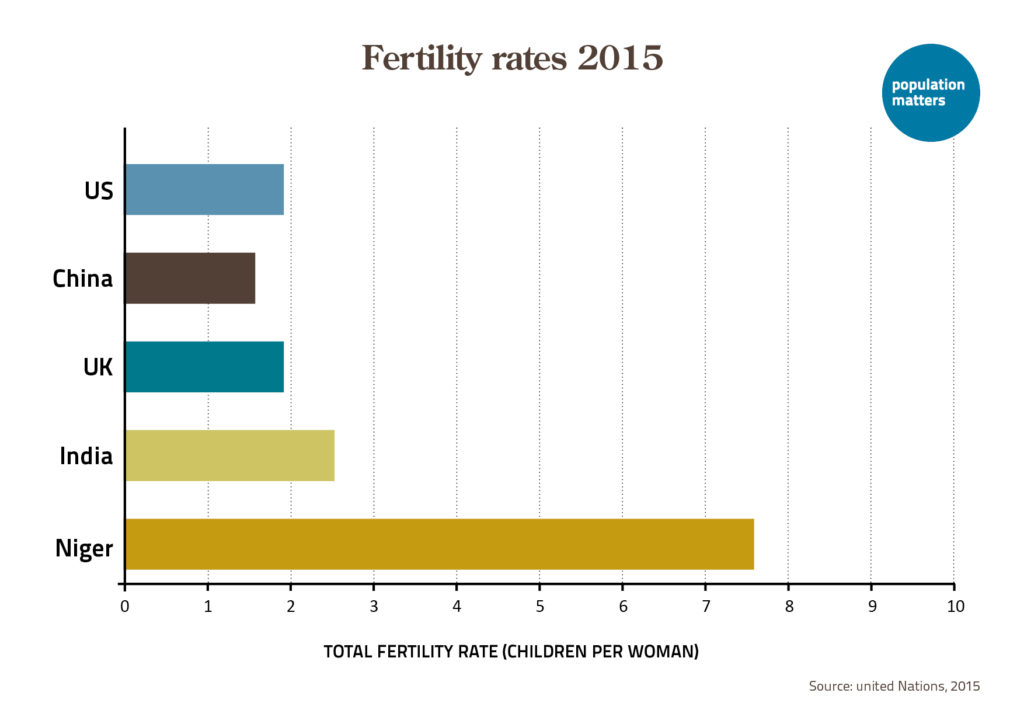
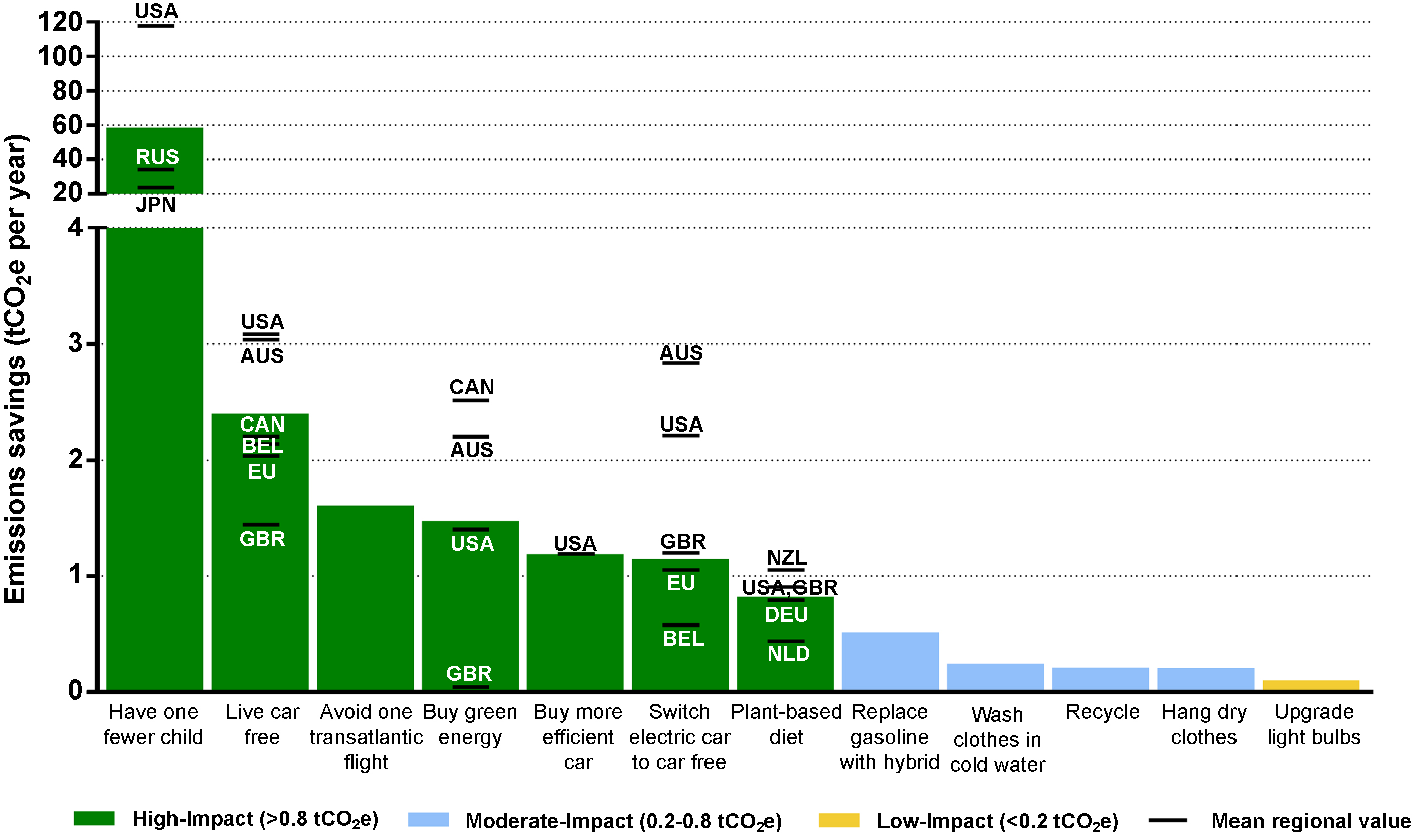



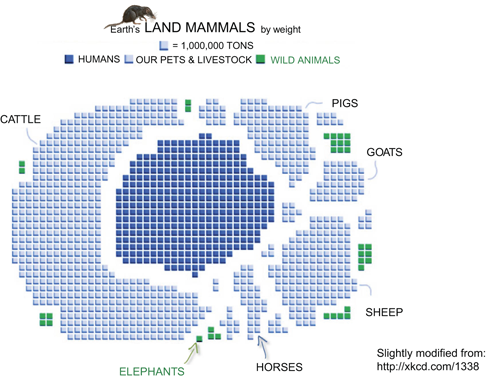

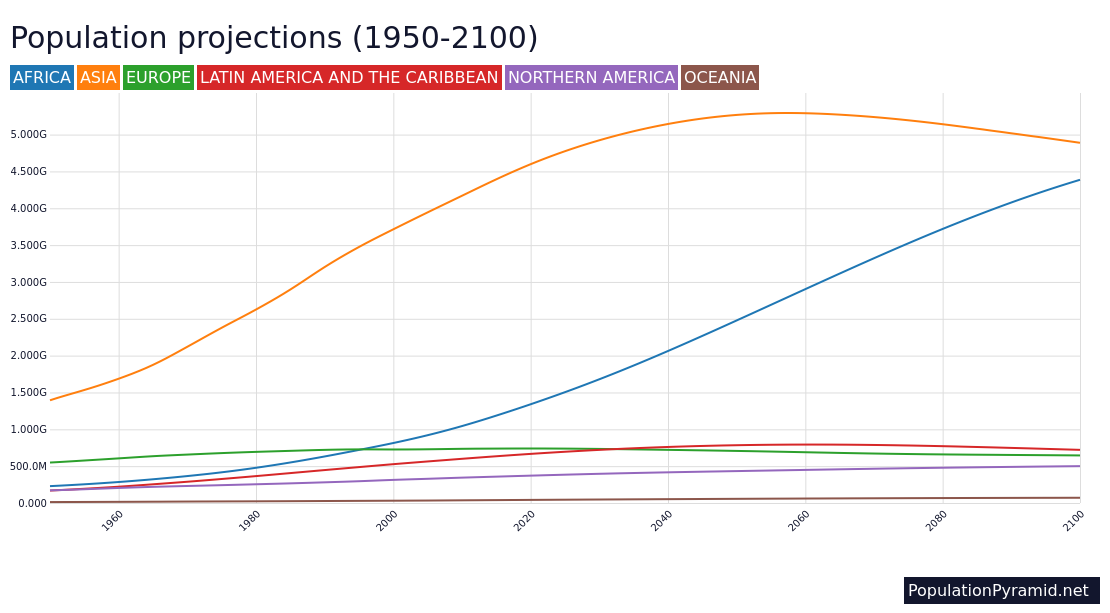
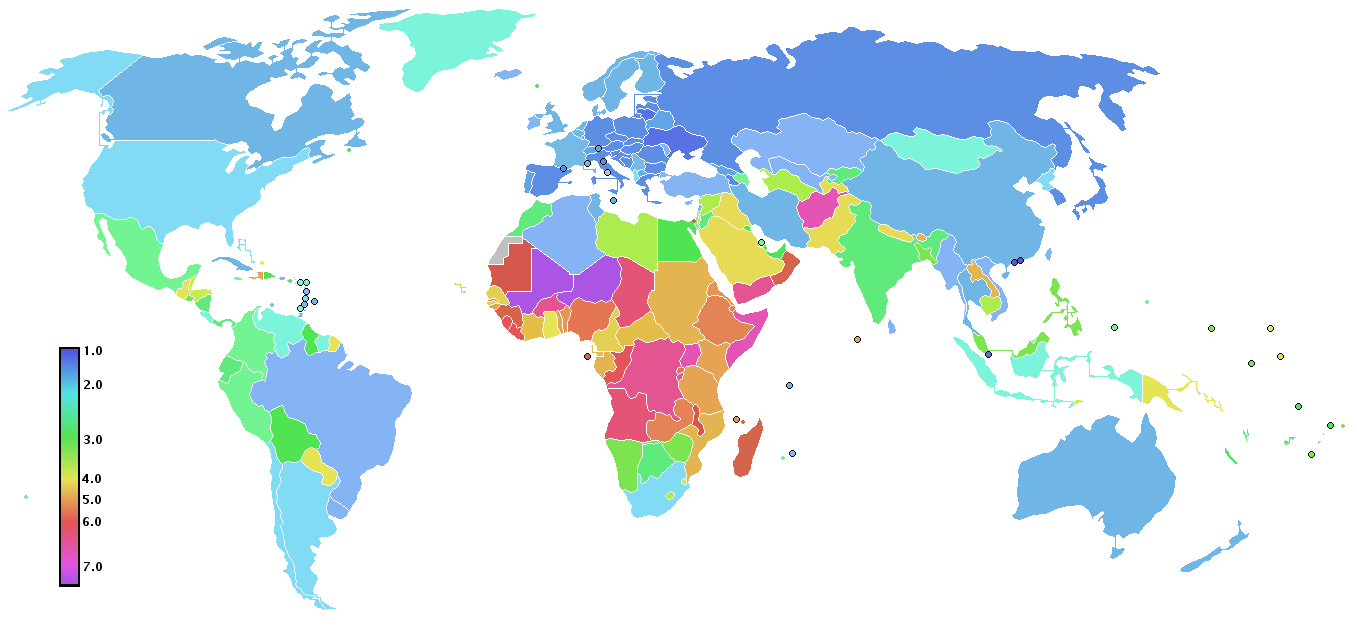
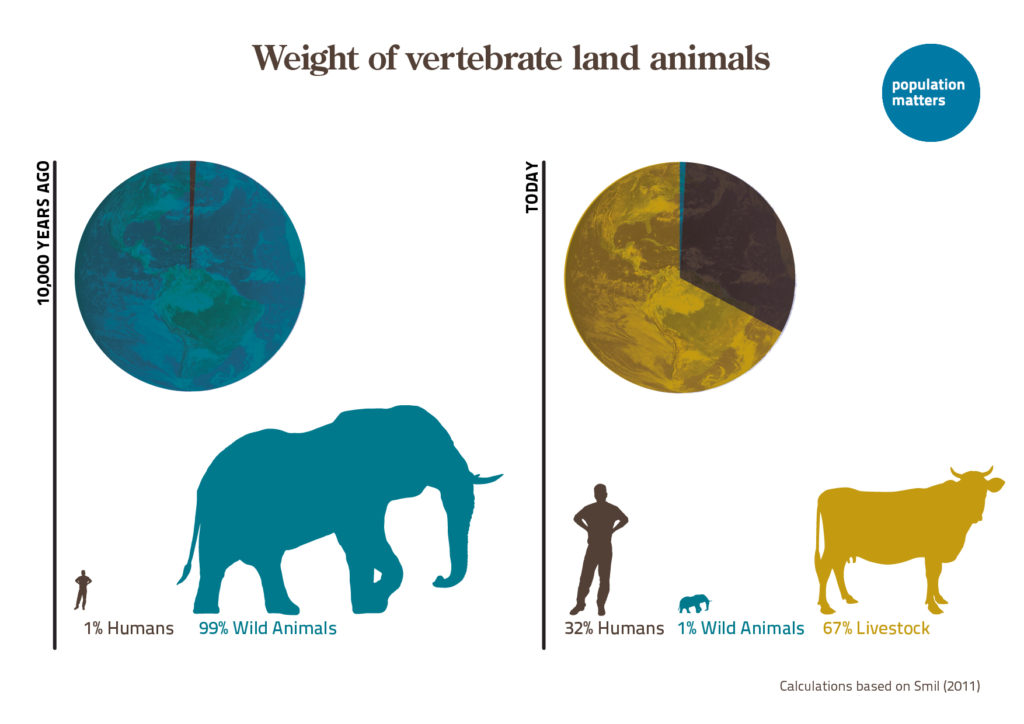

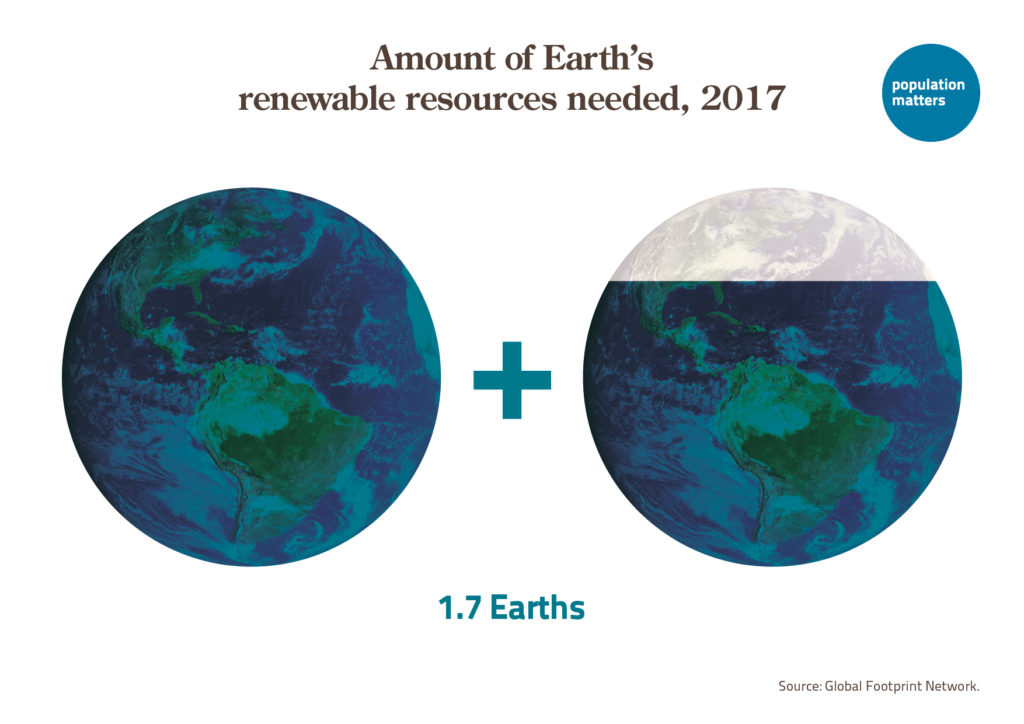


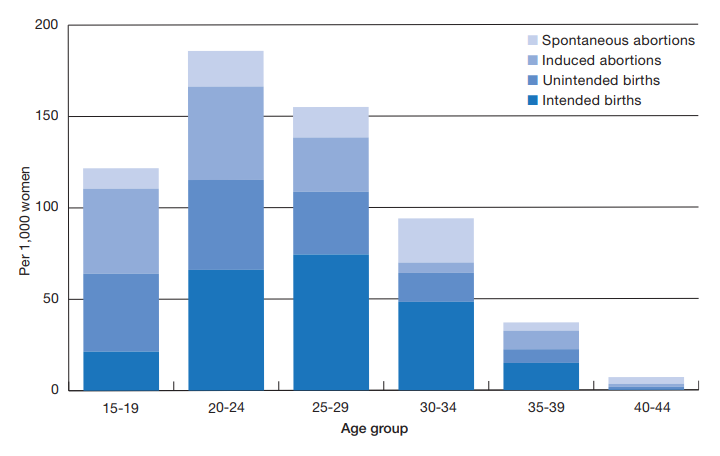
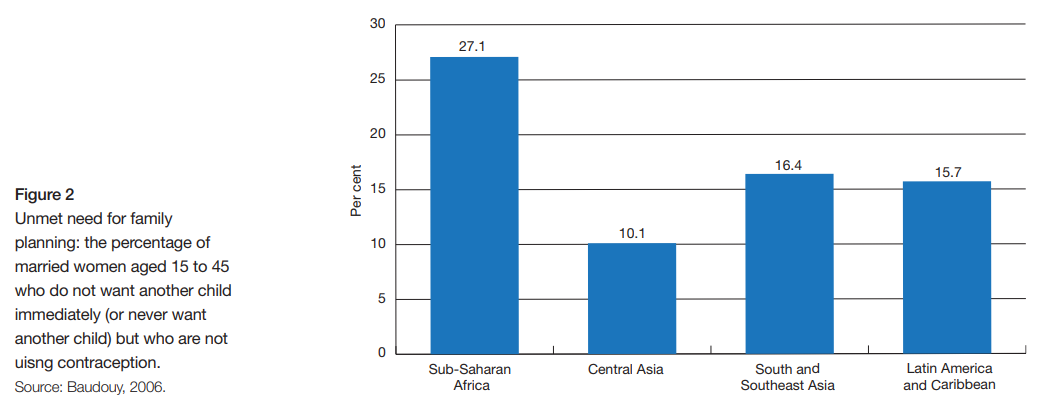
Leave a Reply